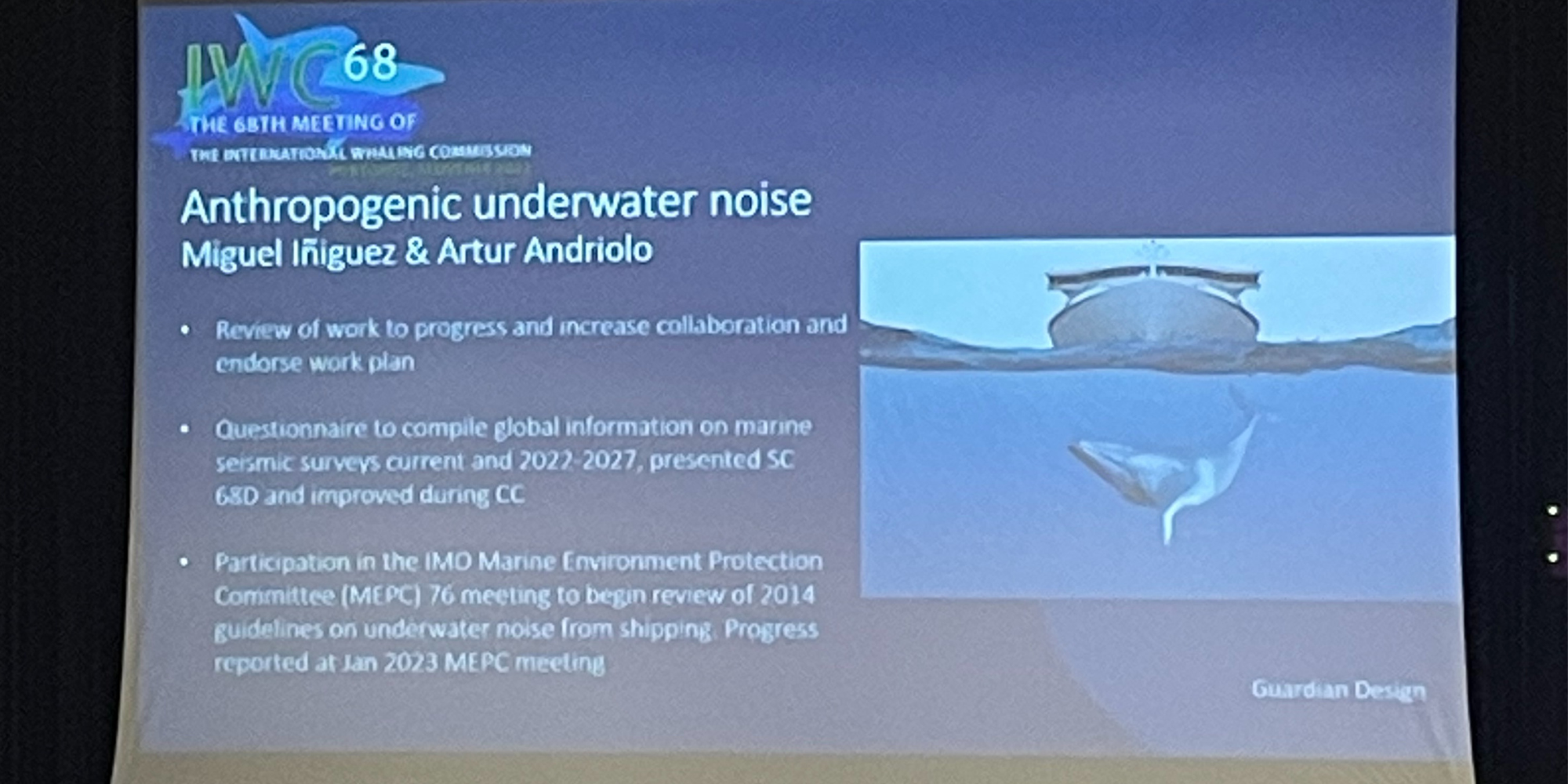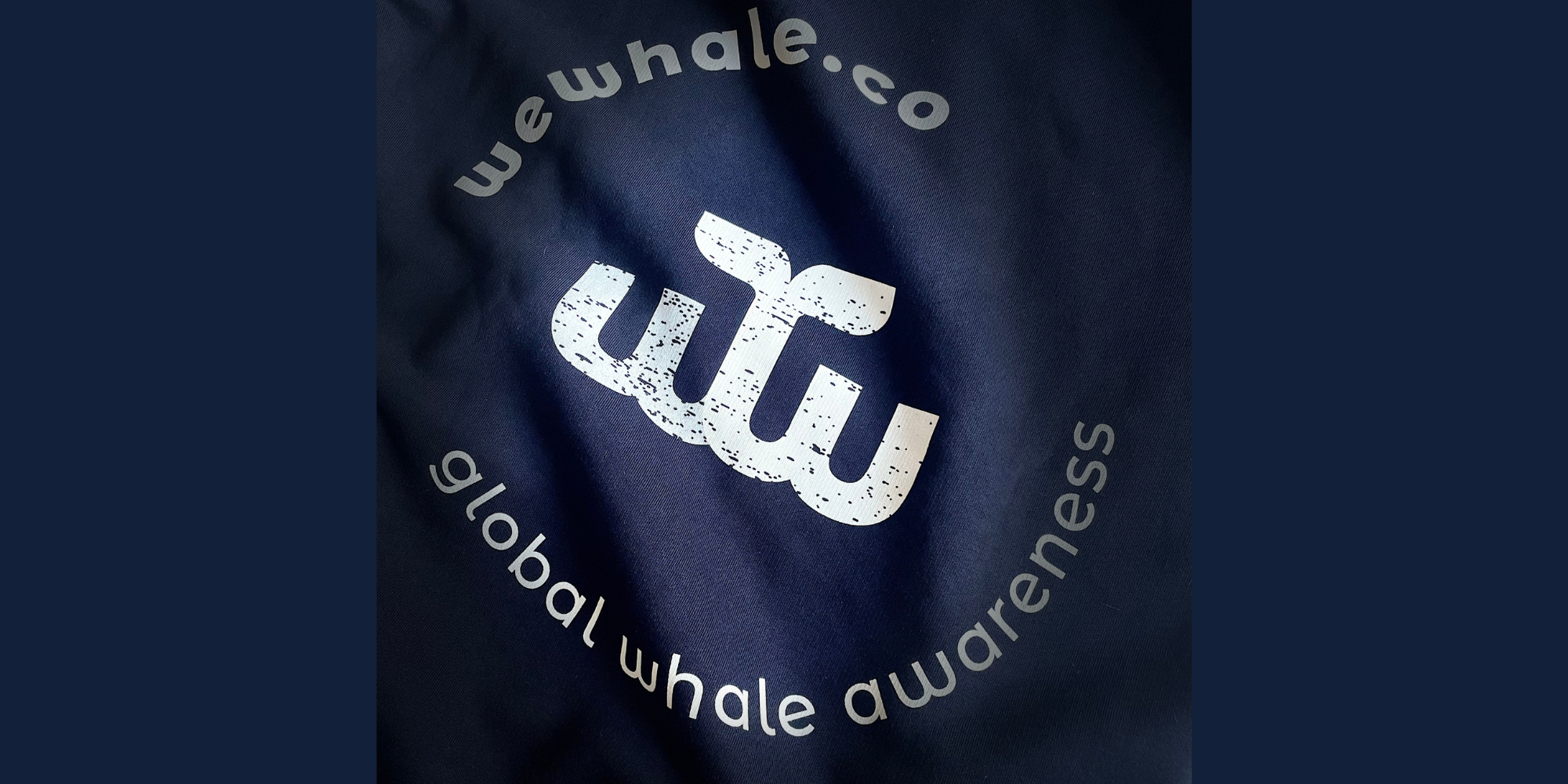WeWhale was delighted to be invited as an Observer to the 68th International Whaling Commission (IWC) Meeting in Portorož, Slovenia.
Our founder and CEO, Janek Andre, shares some thoughts in this blog on the history and role of the IWC, and points to ways we could persuade more countries to cease their whaling activities.
History of the IWC
The IWC was founded back in 1946 to talk about the “management of whale stocks”. Effectively, it was a specialised regional fishery management organisation focused on cetaceans (in other words, deciding how many cetaceans can be killed in what waters by what countries).
15 nations signed its founding document, the International Convention for the Regulation of Whaling
Fortunately, as the years advanced, many countries recognised that whales and dolphins need to be protected rather than be killed. In 1986, the IWC enacted an historic moratorium on commercial whaling, banning all hunting except for scientific study and hunting by certain indigenous groups.
At the 2018 IWC Meeting, members of the Commission voted to back a Brazilian proposal to give indefinite protection for the world’s whale population, following an often contentious debate.
The “Florianopolis Declaration”, named after the location of the IWC meeting that year, saw whales as no longer being a necessary economic activity and affirmed the continued moratorium on commercial whaling. A non-binding declaration, it was backed by 40 members but 27 voted against, including, unsurprisingly, pro-whaling nations such as Japan, Norway and Iceland.
Environmental campaigners praised the Declaration, calling it “a big win for whales” (International Fund for Animal Welfare) and a “manifesto for peaceful co-existence between whales and humans” (Ocean Care).

IWC in 2022
Today the IWC counts 88 member states. Each member state sends a delegate who represents the interest of the represented country.
It is startling that despite the fact that the clear goal since the Florianopolis Plenary Session in 2018 has been conservation and welfare of cetaceans, we still count today more than 30 countries in favour of “sustainable whaling” as these nations call it!
For many reasons (recognition of their emotional intelligence, their important role in combating climate change and their importance to our ocean ecosystems, the list goes on!), whales should be protected by default in any national or international waters around the world.

Can we stop all whaling in the world?
We at WeWhale attended IWC 68 on behalf of these majestic animals – to speak up for them and to propose conservation concepts which could even benefit pro-whale hunting nations like many in the Caribbean Islands but also Iceland and Norway.
Our proposal aims to develop sustainable whale watching concepts for countries possessing the privilege of having cetacean species living in “their” waters. As one of the main conservation topics is the reduction of underwater noise pollution, our solution for current whale watching and/or emerging whale watching countries focuses on providing responsible whale watching experiences that create awareness for whales and drive economic benefits for local communities.
Tackling the problem of the continuous rise of underwater noise pollution, WeWhale functions as a sustainable organisation implementing noise and emission-free whale watching concepts.
Like this, countries which are currently in favour of whaling, could make a major switch and benefit in addition to the development of local economic ecosystems.
Taking the objectives of the IWC and the role of cetaceans on Planet Earth into account, we especially encourage current pro-whale-hunting countries to shift their positions. WeWhale is ready to support, to implement and to make things work!
Hopefully we will soon have the International Whaling Commission renamed to become the International Whale Commission. WeWhale will be there at the front line to empower cetaceans and to make sure they live in a world where they aren’t in danger of being hunted.
